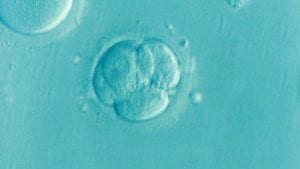A recent study published in PLOS ONE has reinforced the importance of vaccinations specifically for those already fighting a rare disease. This study was written by Sylvie Lesage from the University of Montreal.
Vaccines and Rare Disease
We have understood the importance of vaccines for centuries, however what was not lucid was how vaccines may uniquely aid patients facing rare diseases. Sylvie has explained that vaccines are perhaps even more essential for rare disease patients. A disease such as the measles could be detrimental to those who are already immunocompromised. Sylvie shows that a measles vaccine can significantly improve an individual’s ability to fight the infection without the need of a medical intervention.
The Study
Slyvie is working to conduct a project focusing on the rare disease called congenital lactic acidosis, which impacts the mitochondria. It is caused by a malfunctioning enzyme. This enzyme works to produce energy for the body. This condition is extremely rare, with fewer than fifteen individuals with the condition in Quebec, even though Quebec has one of the highest numbers of the condition.
Congenital lactic acidosis particularly impacts the liver; however, developmental delays and neurological disorders can also emerge from the high amounts of lactic acid this disease causes in the body. The life expectancy for this disease is sadly grim. Most patients die before they reach the age of five; however, there are patients that are still alive at age 30.
Slyvie monitored patients with this condition who had received two doses of the measles, mumps, and rubella vaccine which is the amount recommended. She and her team showed that these patients were able to produce a great immune response. Next steps for this research team are to conduct a similar study for other rare diseases to examine whether the immune responses are just as strong for other conditions. They are also developing an animal model of congenital lactic acidosis to examine triggers of the condition.
You can read more about this study here.







